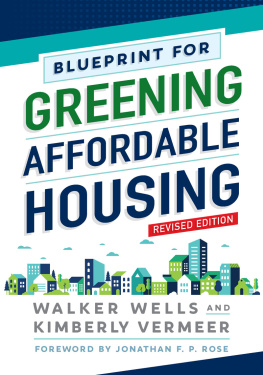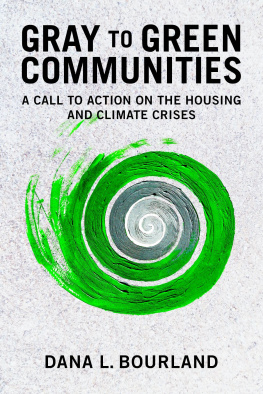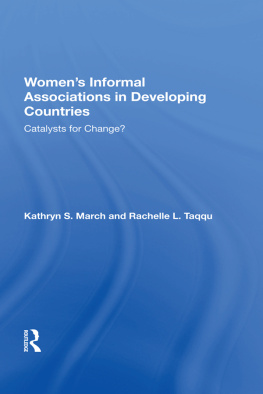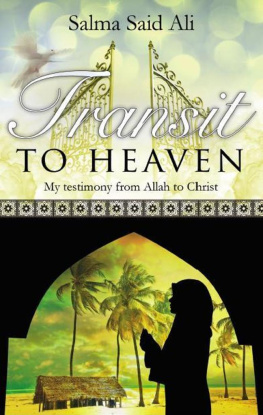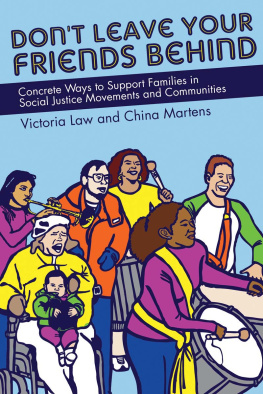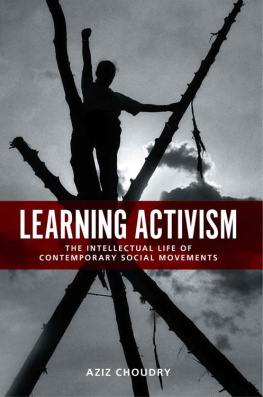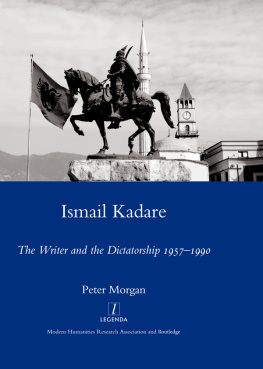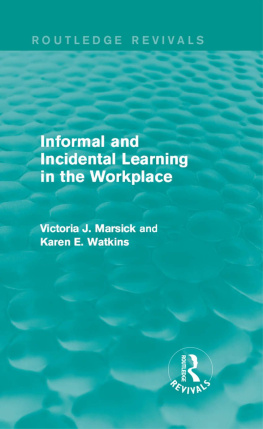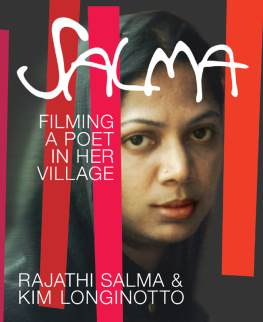[page iii]
The Victoria Mxenge Housing Project
Women building communities through social activism and informal learning
Salma Ismail
[page iv]
The Victoria Mxenge housing project: Women building communities through social activism and informal learning
First published 2015 by UCT Press
an imprint of Juta and Company Ltd
First Floor
Sunclare Building
21 Dreyer Street
Claremont
7708
PO Box 14373, Lansdowne, 7779, Cape Town, South Africa
2015 UCT Press
ISBN: 978 1 9198 9552 9 (Parent)
ISBN: 978 1 4851 1563 2 (ePub)
ISBN: 978 1 7758 2168 7 (WebPDF)
All rights reserved. No part of this publication may be reproduced or transmitted in any form or by any means, electronic or mechanical, including photocopying, recording, or any information storage or retrieval system, without prior permission in writing from the publisher. Subject to any applicable licensing terms and conditions in the case of electronically supplied publications, a person may engage in fair dealing with a copy of this publication for his or her personal or private use, or his or her research or private study. See Section 12(1)(a) of the Copyright Act 98 of 1978.
Project manager: Glenda Younge
Editor: Liz Mackenzie
Proofreader: Glenda Younge
Cover designer: Monique Cleghorn
Photo credits: Salma Ismail, Jrund Hansen and the Alliance
The authors and the publisher believe on the strength of due diligence exercised that this work does not contain any material that is the subject of copyright held by another person. In the alternative, they believe that any protected pre-existing material that may be comprised in it has been used with appropriate authority or has been used in circumstances that make such use permissible under the law.
This book has been independently peer-reviewed by academics who are experts in the field.
[page v]
Contents
Chapter 1
Setting the contexts
Chapter 2
Radical adult education in development
Chapter 3
We build houses, people and communities
Phase one: Building houses and communities (19921998)
Chapter 4
Spreading the word
Phase two: Leading a social movement (19982001)
Chapter 5
Leaders becoming bosses
Phase three: Becoming service providers (20012003)
Chapter 6
Learning through Popular Education in a social movement
Chapter 7
A new vision
The challenge of independence (20032012)
Appendix A
Short biographies on Victoria Mxenge women and people interviewed
[page vi]
Dedication
I dedicate this book to my son Ilanto his free, abundant and radiant spirit.
[page vii]
Acknowledgements
The motivation for this book is to share how poor semi-schooled African women learned through social activism and community development in South Africa. It covers fieldwork research that I did from 1992 to 2003, putting together a detailed case study on the history of the Victoria Mxenge Housing Development Association. Document and follow up visits took place until 2012. During this time many people contributed to this book. I particularly wish to express my thanks to the Victoria Mxenge women, the director of the Peoples Dialogue, the architect (also known as the technical adviser) of Peoples Environmental Planning, and all the interviewees who participated in this study, for their time and patience. I am indebted to the women who shared their experiences with me over a long period of time and who were always inspirational.
I would also like to thank Sandy Shepherd from UCT Press for her endless patience and faith that the book would be realised. This book has greatly benefited from Liz Mackenzies editing and comments from the reviewers. I am thankful to them for making it readable to a wide-ranging readership. Then I am indebted to my family Mark, Mischa, Tariq and Ilan for remaining interested, for encouragement, and for moral and technical support. I am also grateful for moral support from many colleagues, family and friends, to ANFASA for the award and the University of Cape Town for sabbatical leave, which enabled me to write the book.
[page viii]
About the author
Dr Salma Ismail holds a Doctorate in Gender and Adult Education from the University of Cape Town, where she is currently a senior lecturer, teaching Adult Education at all levels. She has also taught literacy in communities and been an activist in worker and political movements. Her research interests include adult learning in informal contexts, namely development projects and social movements, and how knowledge is produced in these sites, which can lead to social transformation. Salma is involved in the universitys Recognition of Prior Learning (RPL) admissions process, where she assists staff and students to navigate this process. She was chair of the Centre for Higher Education and Developments (CHEDs) transformation committee from 2004 to 2009 and ran mentoring and diversity training workshops for both administrative and academic staff.
Salma has published in the field of feminist popular education, equity and institutional transformation. Her latest publications include a chapter in Holding Onto Transformative Practices in a University: Musings of a Feminist Popular Educator (Palgrave Macmillan, 2012) and a journal article, Researching transformation at a South African university: Ethical dilemmas in the politics of representation, in Studies in Higher Education (2011).
She is part of an international and national network of popular educators (PEN), is an adviser on the international board for the journal Studies in Adult Education, and a trustee of ASSET, a non-profit organisation that administers bursary funds for poor students.
[page ix]
List of figures
[page x]
[page xi]
Acronyms and abbreviations
| ACHR | Asian Coalition for Housing Rights |
| Alliance | The partnership between the South African Homeless Peoples Federation, the Peoples Dialogue and the Utshani Fund known as the South African Alliance |
| ANC | African National Congress |
| ANCWL | African National Congress Womens League |
| ANCYL | African National Congress Youth League |
| CBO | Community-based organisation |
| CETA | Construction Education and Training Authority |
| CORC | Community Organisation Resource Centre |
| CWD | Catholic Welfare and Development |
| DAG | Development Action Group |
| DAWN | Development Alternatives for Women |
| Federation | The South African Homeless Peoples Federation |
| FEDUP | Federation for the Upliftment of the Poor |
| GEAR | Growth, Employment and Redistribution, a macro-economic policy adopted by government in 1996 |
| Idasa | Institute for a Democratic Alternative for South Africa |
| ISN | Informal Settlements Network |
| KUYASA | Name of an NGO, means the new dawn, which manages micro-credit finance and has links with DAG |


